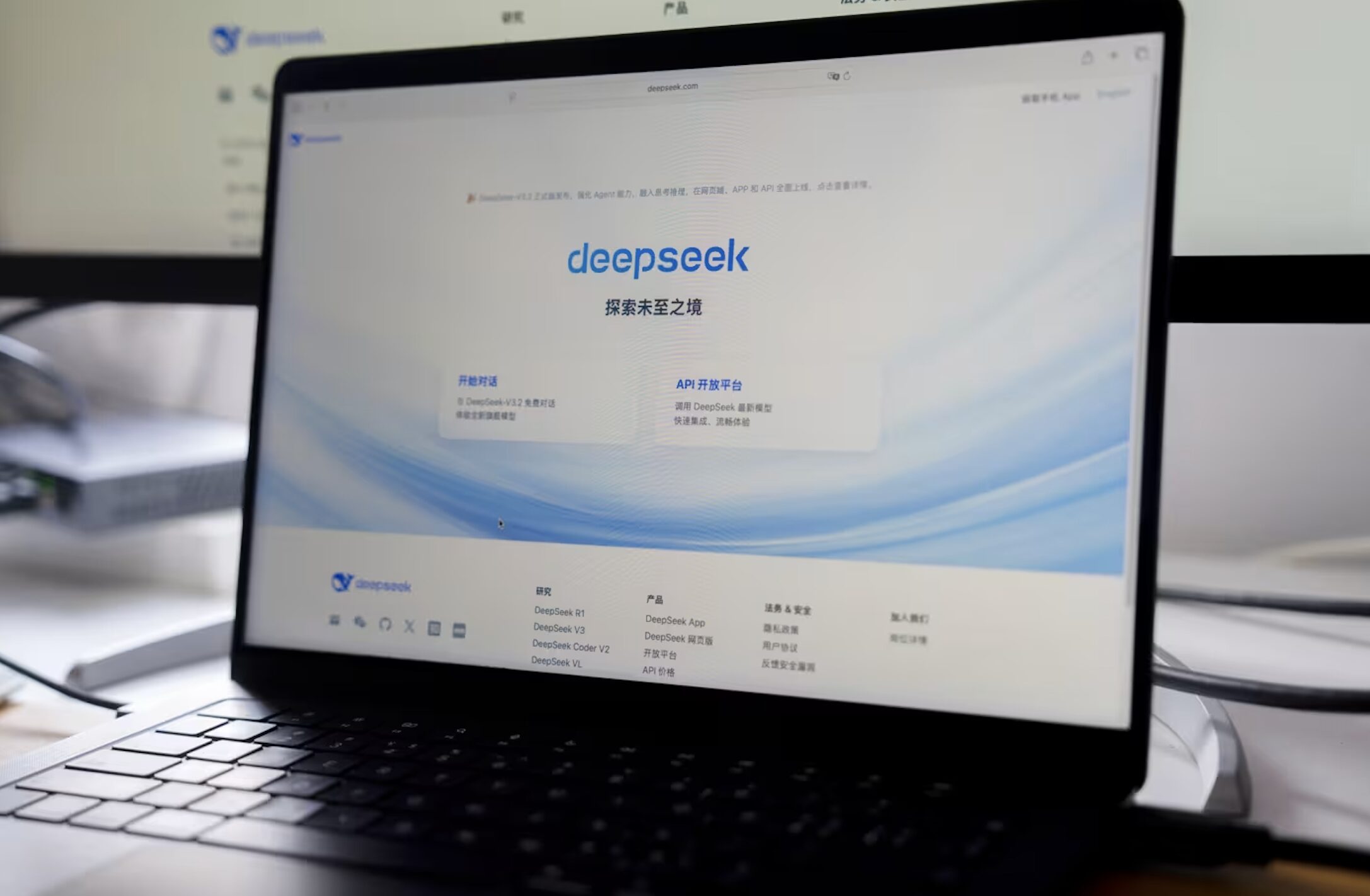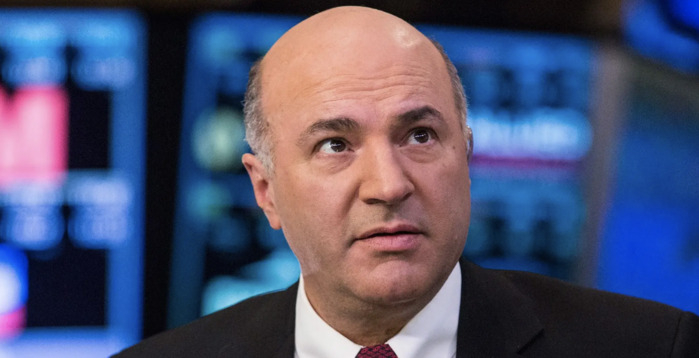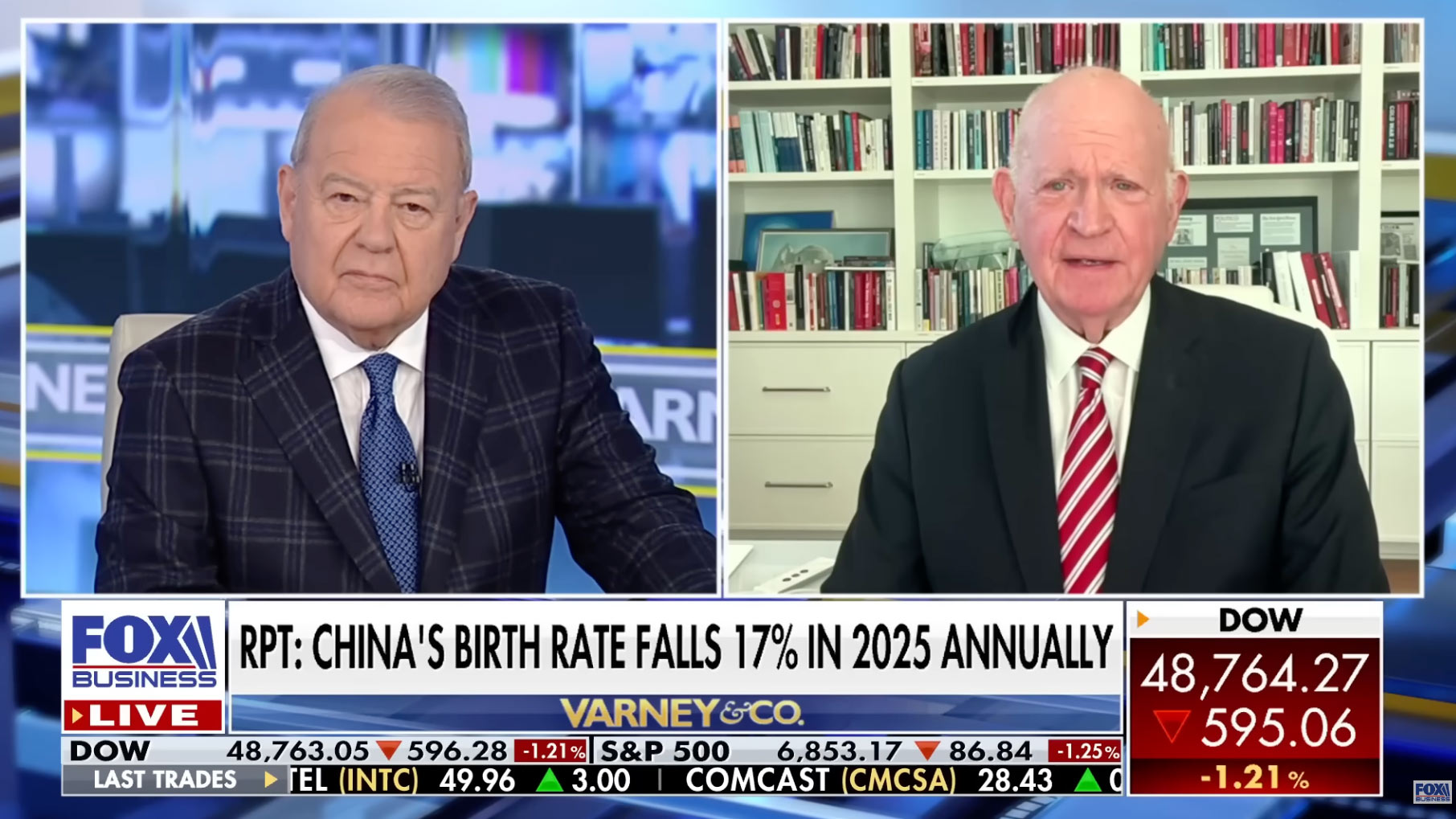
Chris Miller: What We’ve Learned from the DeepSeek AI Shock
One Year After DeepSeek, America’s AI Lead Still Holds When Chinese AI lab DeepSeek released its R1 reasoning model last year, markets panicked. Nearly $1…
Thought Leader: Chris Miller

A three-pronged financial disaster is bearing down on the US economy, Kevin O’Leary has warned.
“We’ve got the pressure at the regional banks, commercial real estate collapse, and small business not getting any capital,” the “Shark Tank” investor told “Kudlow” in a recent interview. “This is all bad news.”
The Federal Reserve has rushed to crush historic inflation by hiking interest rates from nearly zero to north of 5% since last spring. Higher rates have hammered regional banks’ portfolios of bonds and CRE, spurring them to pull back on lending in fear of a wave of loan defaults, or customers pulling their deposits out and sparking another Silicon Valley Bank-style collapse.
CRE values have also been hit by the pandemic-fueled shift to remote working, which has slashed demand for office space. Many small businesses and CRE developers rely heavily on debt financing from smaller banks, meaning higher rates and a credit crunch pose serious threats to them.
“There’s big problems, and it’s gonna manifest itself in these regionals over the next 36 months,” O’Leary said, noting CRE will suffer a “correction” as developers face the prospect of refinancing loans at much higher interest rates for buildings that have plunged in value. “These banks are going to fail because up to 40% of their portfolio are in CRE.”
The celebrity investor — whose nickname is “Mr. Wonderful” — added that many commercial buildings were built with mortgages costing 5% to 7% in annual interest. Many won’t be economically viable if those loans have to be refinanced at 9% to 11%, he said.
O’Leary warned in August that growing signs of pressure on regional lenders and a credit crunch might cause a “real run on the banks,” as businesses move their payroll accounts to Wall Street titans like JPMorgan for security.
He cautioned in another recent interview that the Fed was likely to lift rates higher than 6%, sending residential mortgage rates from a little over 7% today to above 8%. Moreover, he said it was “weird” that unemployment hasn’t jumped and a recession hasn’t set in despite the surge in borrowing costs.
Chris Miller: What We’ve Learned from the DeepSeek AI Shock
One Year After DeepSeek, America’s AI Lead Still Holds When Chinese AI lab DeepSeek released its R1 reasoning model last year, markets panicked. Nearly $1…
Thought Leader: Chris Miller
Michael Pillsbury: Why U.S. Control of Greenland Deters China and Russia
Fox News contributor Michael Pillsbury discusses President Trump’s focus on Greenland, explaining its strategic importance for missile defense and China’s declining birth rates on ‘Varney…
Thought Leader: Michael Pillsbury
Joseph Grogan: Why Greenland Is a U.S. Security Priority
“The Europeans and Denmark have done nothing to strengthen Greenland’s defences.” Donald Trump is focused on Greenland as a national security priority and believes Europe…
Thought Leader: Joseph Grogan

